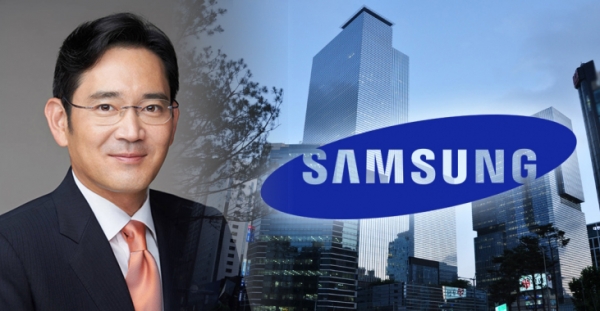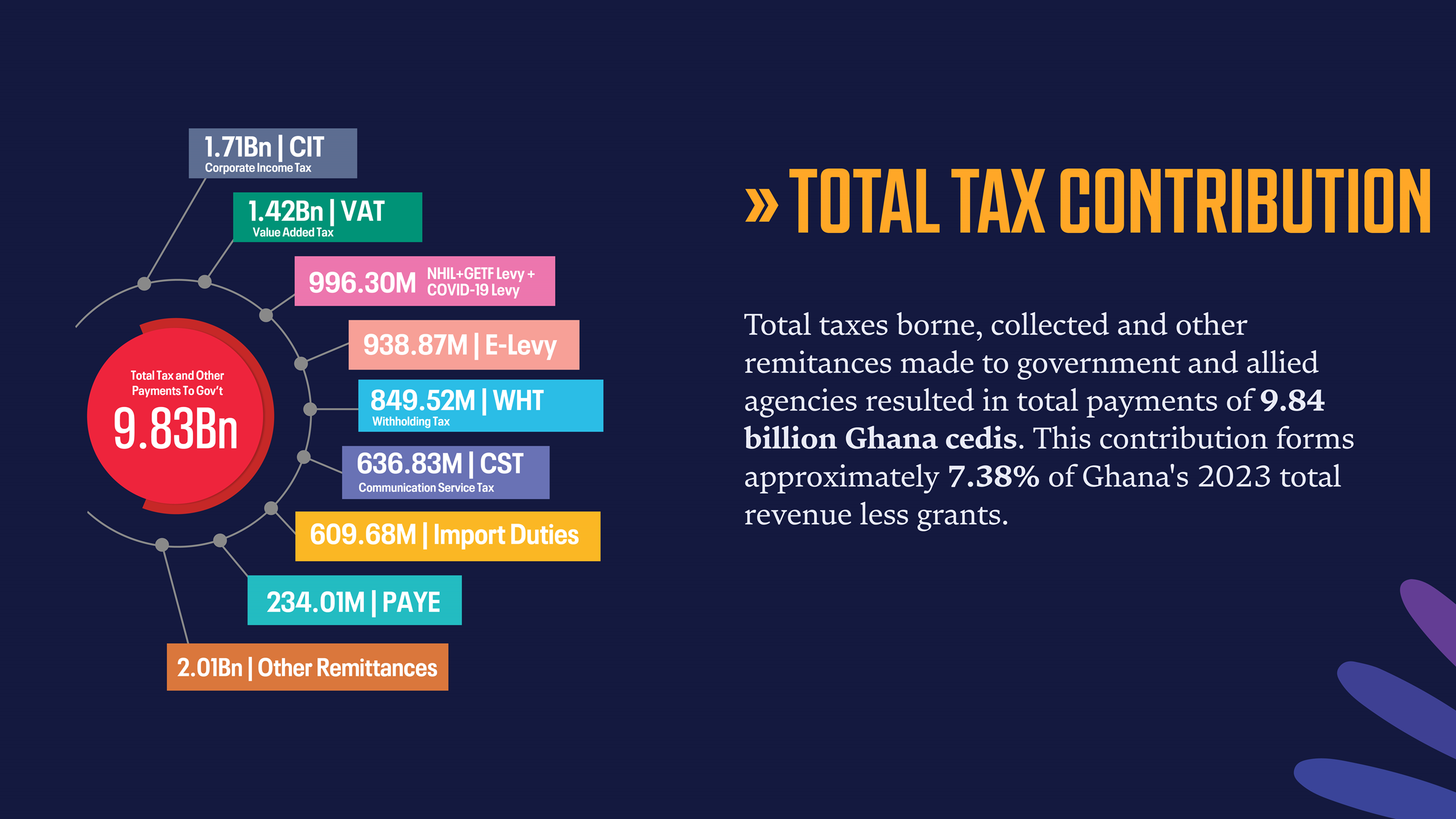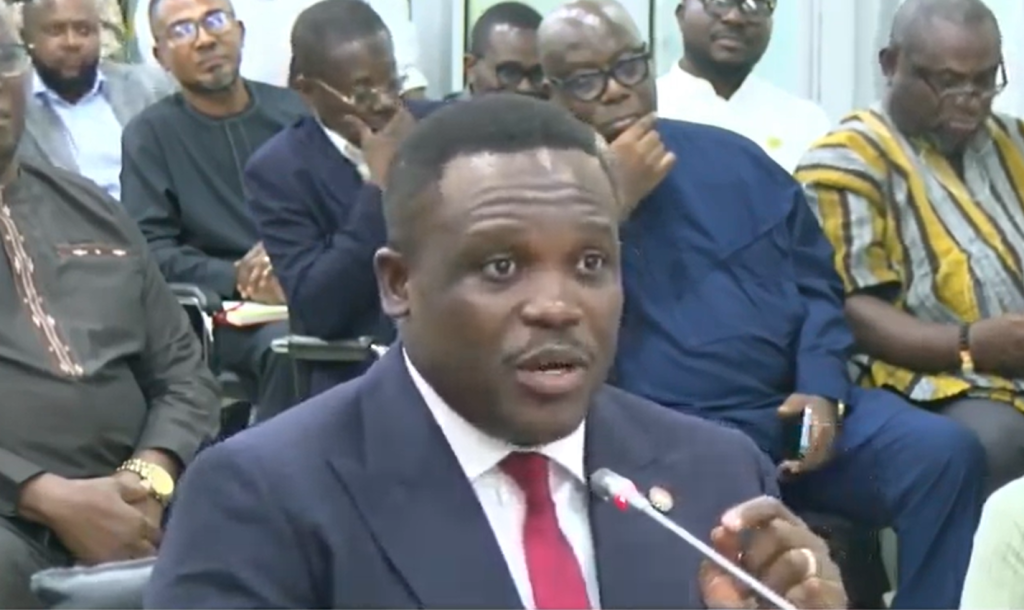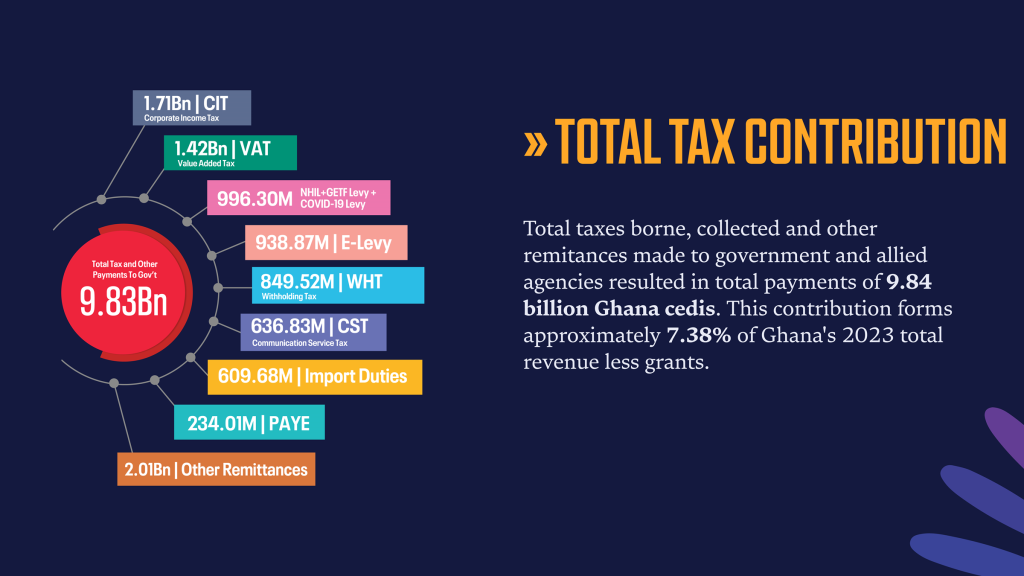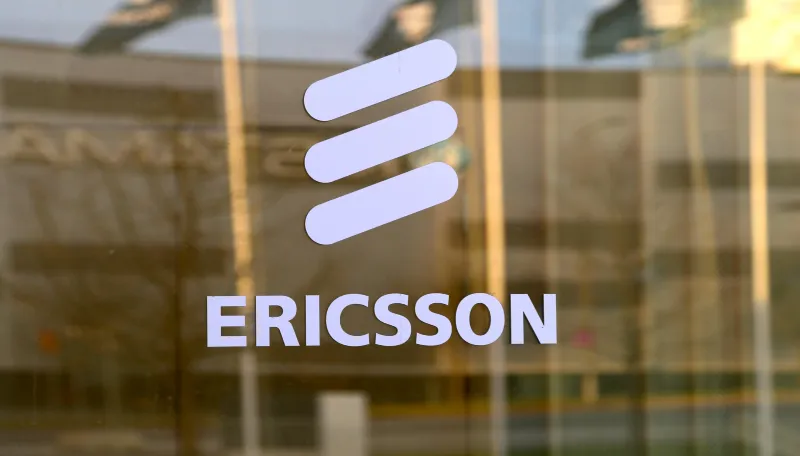SEOUL, Feb 3 (Reuters) – Samsung Electronics Chairman Jay Y. Lee was found not guilty of accounting fraud and stock manipulation by a Seoul appeals court on Monday, in a ruling that could remove long-running legal risks that he has faced from criminal cases.
The Seoul High Court upheld the lower court’s ruling dismissing all the charges from a case involving a 2015 merger that prosecutors said was designed to cement Lee’s control of the tech giant.
The legal battles have been a distraction for Lee, who faced growing questions about his ability to lead Samsung Electronics – the world’s top memory chip and smartphone maker – as it grapples with growing competition and lacklustre stock prices.
“It took a long time. We hope with the latest ruling, the defendants would be able to focus on their work,” Lee’s lawyer Kim You-jin said after the ruling.
For nearly a decade, Lee has faced legal challenges, including those from the merger that paved the way for his succession after his father, Lee Kun-hee, had a heart attack in 2014 that left him in a coma.
A lower court last year cleared Lee of all charges related to the $8 billion merger in 2015 between two Samsung affiliates, Samsung C&T (028260.KS), opens new tab and Cheil Industries.
Prosecutors later appealed to the Seoul High Court, seeking a five-year jail term, citing a separate ruling in August that said Samsung BioLogics, an affiliate of Cheil Industries, breached accounting standards by overstating its assets to justify the merger.
The judge said even as the BioLogics accounting practices involved “inappropriate acts” such as the manipulation of documents, the outcomes reflected financial realities and were based on rational reasons and processes.
The court dismissed prosecutors’ claims that the merger caused financial losses to Samsung C&T shareholders.
Lee did not answer questions from reporters when he was leaving court on Monday.
He has denied wrongdoing, saying in court last November, “I never intended to deceive or damage investors for personal gain”.
It was not immediately clear whether the prosecution would appeal the decision to the Supreme Court.
Samsung shares closed down 2.7% following the ruling.
LENIENCY
A civic group condemned the court’s decision because it argued it showed leniency to Lee, who was charged with tightening his grip over his company at the expense of the country’s pension fund and other investors.
The People’s Solidarity for Participatory Democracy said the court disregarded other court rulings related to the merger case.
Lee served a combined 18 months in jail on bribery charges before he was released in 2021 as part of a scandal that led to massive protests and ultimately brought down then-President Park Geun-hye in 2017. Park also served a nearly five-year jail term.
In 2022, South Korea’s now impeached President Yoon Suk Yeol pardoned Lee, with the justice ministry saying the business leader was needed to help overcome a “national economic crisis”.
The controversial merger sparked a backlash from investors such as U.S. hedge fund Elliott and raised questions about the corporate governance of Korea’s family-owned conglomerates, which are often criticised for putting the interests of family members ahead of other shareholders.
In 2023, the South Korean government was ordered to pay around $108.5 million to Elliott, which sued it over the role played by the country’s pension fund in approving the merger.
Last year, the National Pension Service, formerly the biggest shareholder in Samsung C&T, filed a lawsuit against Lee, seeking damages from the merger that allegedly undervalued the key unit.
“This is positive news for Samsung, which has been having business difficulties,” said Park Ju-gun, head of corporate analysis firm Leaders Index.
“But the ruling will be a burden on Lee, who has to prove his management capability now that he is free from legal risks,” he said.
The conglomerate’s crown jewel Samsung Electronics warned on Friday of sluggish sales of its artificial intelligence chips in the current quarter.
Samsung Electronics has lost out to smaller competitor SK Hynix in supplying high-bandwidth memory (HBM) chips to Nvidia’s AI graphics processing units and is seen missing much of the profits generated by the current AI boom.
Reporting by Joyce Lee and Hyunjoo Jin; Editing by Sam Holmes, Ed Davies, Gerry Doyle and Kate Mayberry



